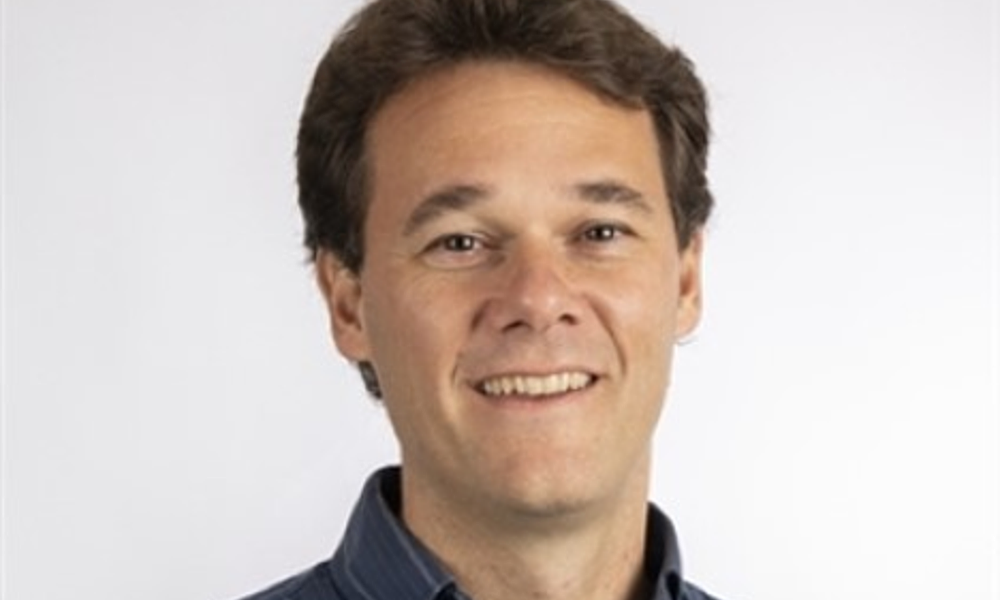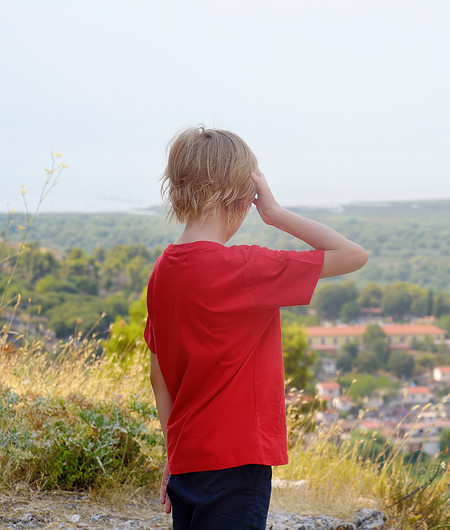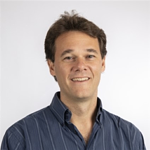SUSWELL: Complex issues in care and welfare cannot be solved on your own
- Research stories


SUSWELL stands for sustainable well-being. It is a European project in which the European Union helps Russia and Kosovo to better organise their health care and welfare. Paul Beenen, Margarita van Dijk and Jos van Kempen talk about the value of European collaboration on complex themes in care and welfare.
Paul Beenen is a lecturer-researcher at the School of Sports Studies and the School of Health Care Studies and project leader of SUSWELL. 'Keep talking about European values and see what we can do for each other.’ In SUSWELL, Germany, Portugal, Finland, Belgium and the Netherlands are connected. We are doing three projects in Russia. In St. Petersburg, in Perm and in Belgorod, which is 15 kilometres from the Ukrainian border. And two in Kosovo, in the capital Pristina and Gjakova. Russia is, of course, difficult now. Formally, we are not allowed to work with institutions that belong to the state, and almost all of them are. We also have NGO partners and partners from a private institution, and you can still work with individuals. Half of our partners have fled because their ideas differ from those of Putin. Communication is also becoming increasingly difficult. If it wasn't for the war, I would have been in Perm this week.’
SUSWELL is building a community of practice around an urgent health theme, in which citizens, knowledge institutes, local governments and companies participate. Together, they look at an issue. Paul: 'We are initiating social and local changes. We tackle what is urgent locally. Gjakova is about women who have had to deal with sexual violence during the war. In Pristina it’s about children with autism, who disappear into the periphery and are not given enough opportunities to participate in society. Interestingly, in the Netherlands we can also learn a lot from this. We often pretend that we know how to do things, but even in the Netherlands, children with autism sometimes fall between two stools. Some things are just done better abroad. Because health care is sometimes less well organised, informal care is often better organised.'
'You cannot solve complex issues in care and welfare on your own. By looking at a different context, you also start to look more critically at your own. Due to scarcity, because there are few facilities, you start working together more locally. In Groningen more and more facilities are disappearing from the province, while more and more elderly people are living there. We have to get people used to the fact that not all facilities are just around the corner anymore. For example, we are also poorly adjusted to remote monitoring, which is much more advanced in Russia and Finland, because the distances there are much greater.’
Margarita van Dijk from the Netherlands has been living in Kosovo with her family for ten years. She is a lecturer in Physiotherapy and responsible for the Occupational Therapy programme at the Kolegji Heimerer, the Faculty of Health of a private university in Pristina. Kolegji Heimerer has a therapeutic centre attached to it where children with autism are treated. 'We work on autism at all levels', says Margarita via Teams. 'We want to take a good look at the role of these children in society and what we can add to this. We investigate what children need outside of therapy in order to be able to participate successfully in society. We do this by bringing stakeholders together. People who are responsible for their part in the autism picture, such as the government, NGOs, education, therapists and parents.
Children with disabilities are generally hardly included in society here. Parents sometimes don't even want to hear that their something going on with their child. It's a bit of a shame, really. For parents who do notice it, and experience it as a burden, there is often no help at all. The luxury of offering the child what it needs is not available in Kosovo.'
'It gives parents in Pristina hope that so many different people are thinking about autism. That teachers know that the government is thinking about the issue, and that parents know that therapists are thinking about it as well. Together with the stakeholders we have mapped out bottlenecks and opportunities. The lack of extra help in schools is a problem for both teachers and parents.'
Margarita: 'In education, we are working on new themes such as futures literacy. How do we look to the future and how are we going to do things differently now? To this end, we get more in-depth knowledge from our mentors, which makes the education more practice-oriented. We hope that we can also apply the concept of the community of practice to other target groups. Kosovo has a lot to offer, but there is still a lot to be gained in terms of cooperation. People here are very keen to move towards Europe in their thinking and actions, which is why they are always very interested when there are foreign guest speakers. That helps to get something done.'
Every community of practice has a mentor. Jos van Kempen is a mentor to the community in Pristina. From the start in 2020, the lecturer at the Institute of Business Administration and the Master Healthy Ageing Professional at Hanze has been supervising the process. Jos has just returned from Pristina, where he mentors the community and guides their ideal of health. 'We organised a round table in Pristina in which we talked about SUSWELL in Pristina. The mayor was invited, as well as the media, parents of children with autism and professionals involved in health care. In addition to the development of social innovations concerning health, we develop education for specific regions and for professionals. For example, I gave a presentation to the round table about futures literacy. About the place that futures literacy can occupy in social innovation and what place it could occupy in education in that region. Futures literacy is not about predicting the future, but about developing skills to deal with an unknown future. You can predict whether the sun will shine tomorrow, but when it comes to complex issues such as poverty, war victims, safety, obesity, autism, corona... there are so many elements that come into play that you can't predict what will come out of it. Being change resilient rather than trying to get a grip on that change. That's a very important skill for all those communities of practice. People are open to it. Every now and then I hear a critical note. "Jos, do you think we have the luxury to think about the future while at the same time we're trying to survive every day?"

Onderzoeker Lectoraat Parktijkgerichte Sportwetenschap
Zernikeplein 17, 9747 AS Groningen
How satisfied are you with the information on this page?